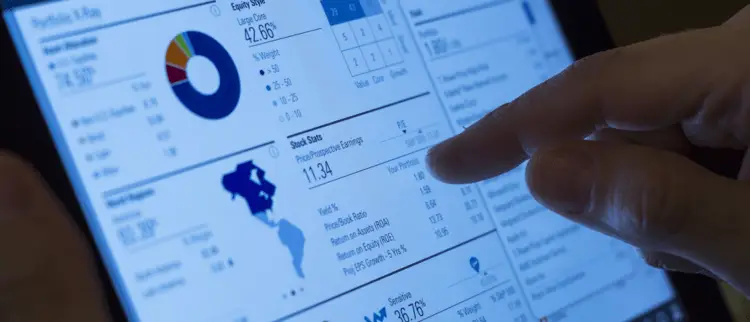In the ever-changing landscape of personal finance, mastering the art of budgeting is akin to having a compass in uncharted territory. It is the roadmap to financial stability, allowing individuals to navigate their income and expenses with purpose and precision. This guide will explore practical tips and strategies to empower you towards effective budgeting and lasting financial well-being.
Surprisingly, budgeting can often be viewed as daunting, evoking visions of restrictive spending and complex spreadsheets. Many individuals may struggle to find the right balance, leading to financial stress and uncertainty. The need for practical and accessible budgeting strategies becomes evident in the quest for financial stability.
So, what smart budgeting strategies can individuals adopt to create a sustainable and effective financial plan? Addressing this question opens the door to a world of practical tips and actionable strategies that can transform budgeting from a chore into a powerful tool for financial success. Some solutions are listed below:
Establish Clear Financial Goals: Begin your budgeting journey by defining clear financial goals. Whether it’s saving for a down payment, building an emergency fund, or paying off debt, having specific and achievable goals provides the motivation and direction needed to create an effective budget.
Create a Realistic Monthly Budget: Develop a monthly budget that accurately reflects your income and expenses. Categorize your spending into fixed expenses (rent, utilities) and variable expenses (groceries, entertainment). Be realistic about your spending habits, and leave room for discretionary spending to avoid feeling overly restricted.
Embrace the 50/30/20 Rule: Consider adopting the 50/30/20 rule, a popular budgeting guideline. Allocate 50% of your income to needs (essential expenses), 30% to wants (non-essential but enjoyable expenses), and 20% to savings and debt repayment. This balanced approach ensures financial stability while allowing for some flexibility and enjoyment.
Track Your Spending: Accountability is key to successful budgeting. Regularly track your spending to ensure that it aligns with your budget. Utilize budgeting apps, spreadsheets, or even a simple pen and paper to monitor your expenditures. Awareness of your spending habits is the first step to making informed financial decisions.
In conclusion, smart budgeting is not about restriction; it’s about empowerment and financial freedom. Adopting these practical strategies allows you to transform budgeting from a tedious task into a roadmap guiding you toward financial stability. Remember, the goal is not to eliminate all discretionary spending but to make intentional choices that align with your financial goals.
As you embark on your budgeting journey, envision it as a tool that empowers you to achieve your financial aspirations. With clear goals, a realistic budget, and consistent tracking, you’ll find that smart budgeting is not just a financial exercise—it’s a transformative step towards lasting financial well-being.






